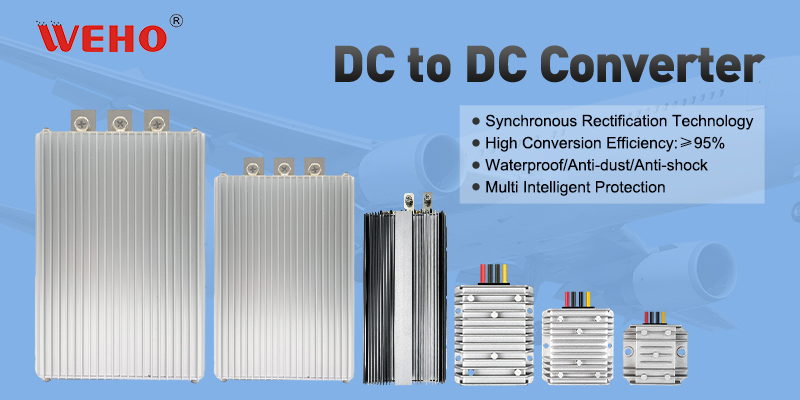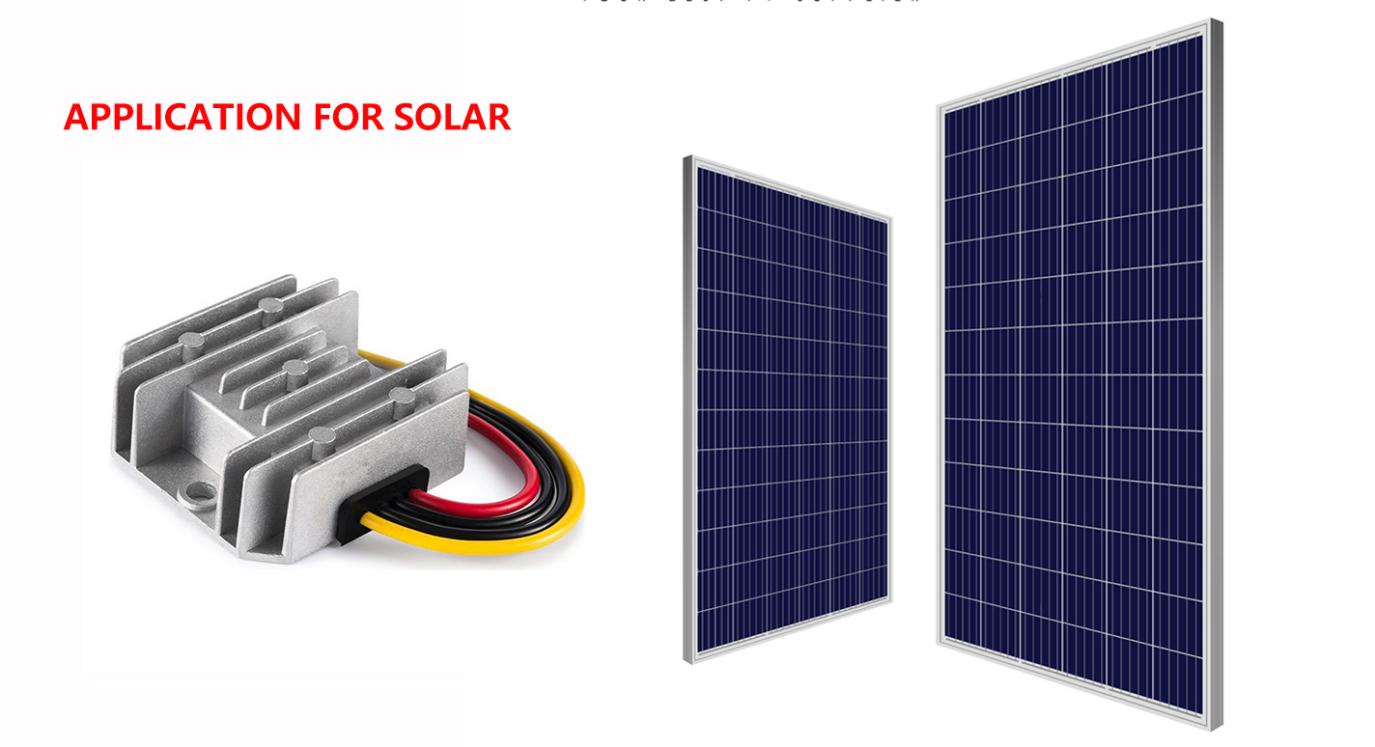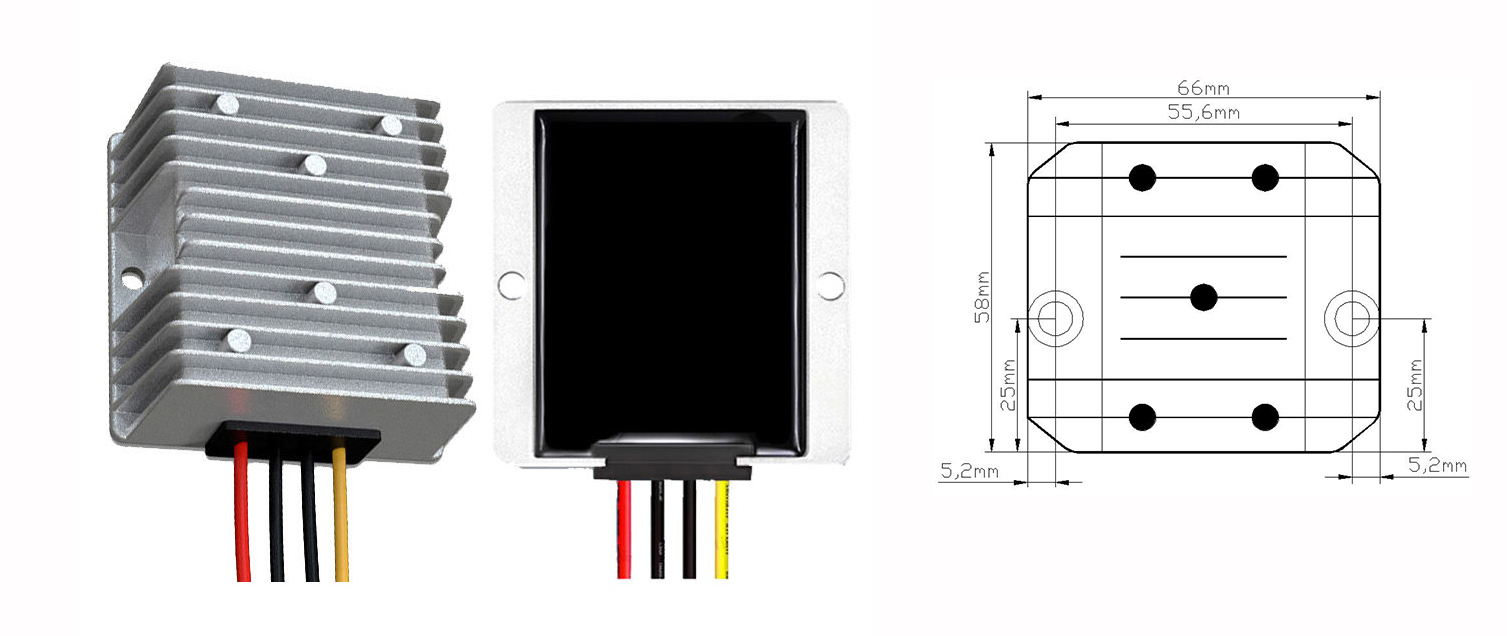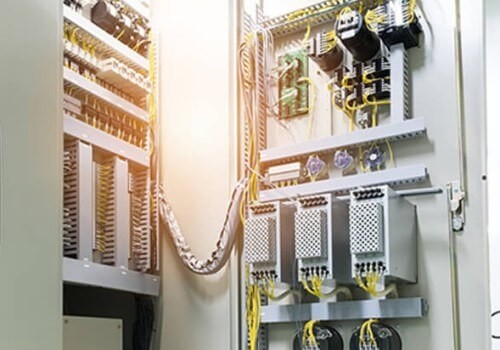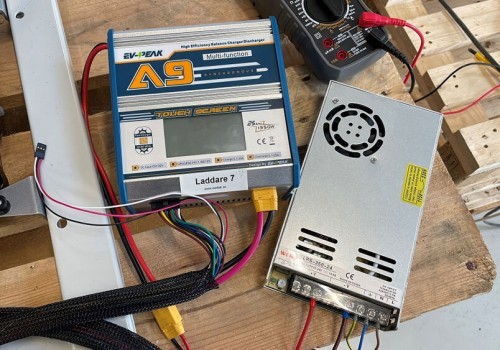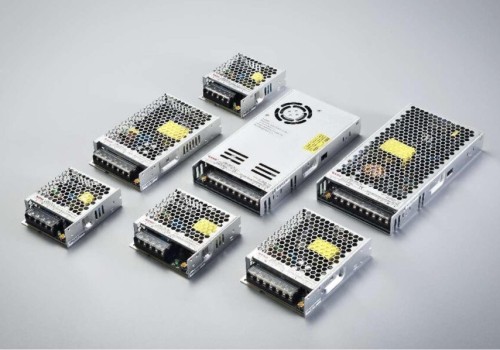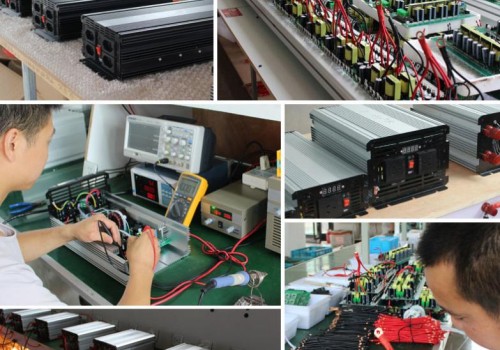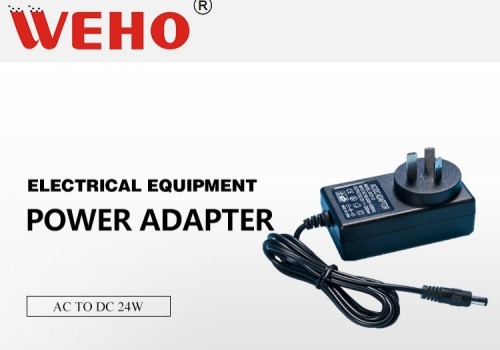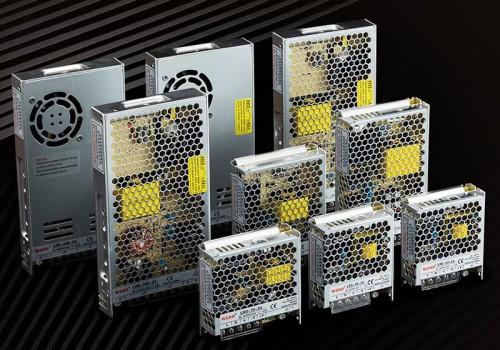Key considerations when selecting DC-DC converters for your solar power system
There are some key considerations to keep in mind when choosing the right DC-DC converter for your solar power system. Understanding these factors will help you make informed decisions and ensure optimal performance and efficiency.
First, it is important to consider the power rating of the DC-DC converter. The power rating should be compatible with the maximum power output of the solar panel. Selecting a converter with a higher power rating than required may result in unnecessary expense, while selecting a converter with a lower power rating may result in power losses and reduced efficiency.
Another key factor to consider is the conversion efficiency of the DC-DC converter. This refers to how effectively the converter converts and delivers power from the solar panel to the load. Ideally, you should look for a high-efficiency converter to minimize power losses and maximize the use of solar energy.
Additionally, voltage range compatibility between the converter and solar panel is crucial. Check that the converter can operate within the voltage range of the panel to ensure seamless integration and optimal performance.
Additionally, it is important to consider the environmental conditions in which the DC-DC converter is installed. Make sure the converter is designed to withstand extreme temperatures, humidity, and other environmental factors that may be present at your location.
Finally, consider the cost and warranty of the DC-DC converter. While price shouldn’t be the only deciding factor, it’s important to find a balance between cost-effectiveness and quality. Additionally, make sure the converter comes with a comprehensive warranty to protect your investment and give you peace of mind.


